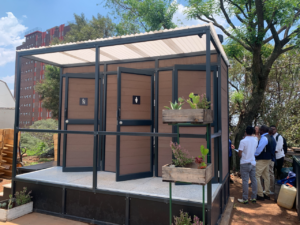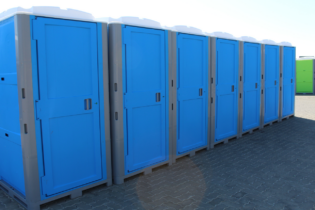Explore innovative sanitation solutions in South Africa addressing health, education, and dignity with sustainable, cost-effective non-sewered systems.
The constitution says, ‘sanitation is dignity’ yet 35% of South Africa’s population have limited or no access to safe sanitation. This lack of access negatively impacts health, socio-economic development, and education, which are crucial to the future of the country.
In South Africa 19% of the population have access to ventilated or improved pit latrines, while 13% have pit toilets with no ventilation pipes, and 1% practice open defecation. The dire need to improve South Africa’s sanitation is further reflected in the ongoing water crisis across the country where even those who have access to flush toilets are experiencing intermittent to no water supply.Birger Lundgren, CEO of Sanitation Ambassadors NPC, says, “Many people in South Africa still see the flushing toilet as the gold standard, or aspirational even. The truth is that is excessive and having them as a goal gets in the way of progress in the sanitation space.”The Department of Water and Sanitation sees decentralised systems as a means to provide sanitation to all, and this is backed up by research from the Water Research Commission and other scientific bodies which state that non-sewered sanitation is both a tangible and realistic project to undertake.
Non-Sewered sanitation
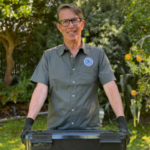
Birger Lundgren,
CEO of Sanitation
Ambassadors
NPC
“When we speak of NSS, we make the discussion between safe and unsafe, dignified, and undignified. Pit toilets are unsafe and undignified, whereas NSS seeks to collect and treat waste properly, and safely,” adds Lundgren.The difference between NSS and pit toilets or the dreaded bucket system is the systemic management of waste, often treated and used as a byproduct with economic potential.
The social impact of sanitation

Professor Michael Rudolph,
director of the Centre for
Ecological Intelligence,
University of
Johannesburg
Sanitation Ambassadors
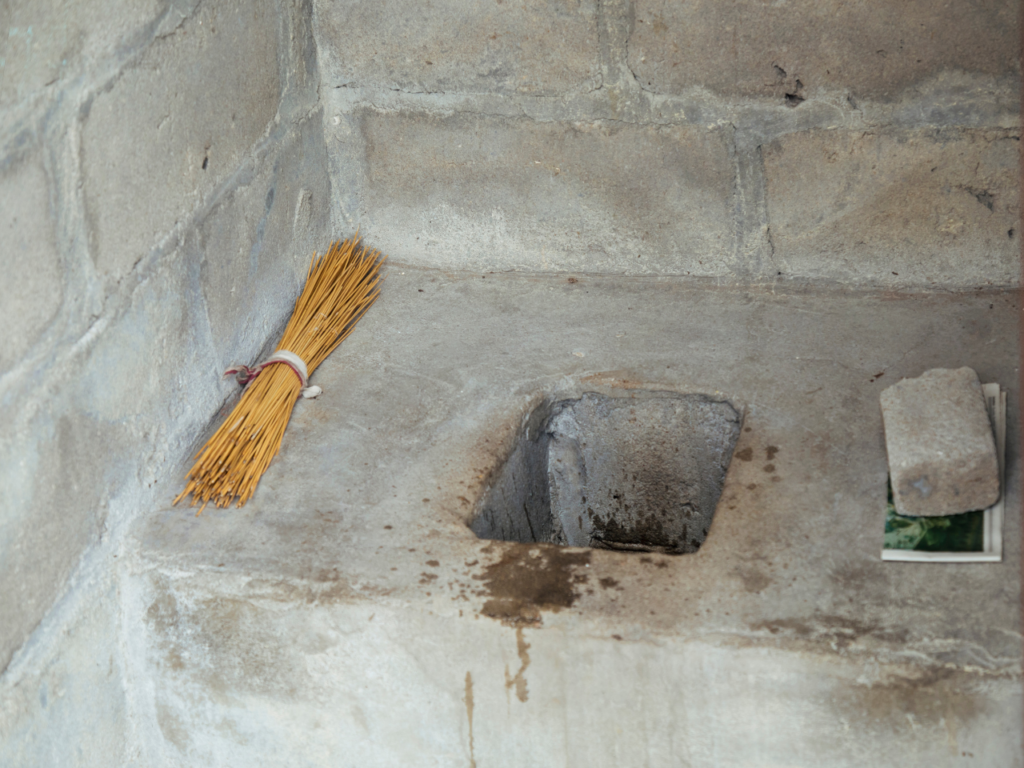 Lundgren says that more than 12 000 schools in South Africa use pit latrines which negatively affect the lives of 5 to 6 million children and teachers. Using his business knowledge and experience in the WASH sector, Sanitation Ambassadors have come up with a solution to aid in safe, effective, and hygienic sanitation.
Lundgren says that more than 12 000 schools in South Africa use pit latrines which negatively affect the lives of 5 to 6 million children and teachers. Using his business knowledge and experience in the WASH sector, Sanitation Ambassadors have come up with a solution to aid in safe, effective, and hygienic sanitation.
“We used the Swedish approach, which is to say that our solutions must be simple and effective. They are modelled on the Ikea idea where we use prefabrication to make things as easy to assemble as possible.This also means that these WASH centres are very easy to maintain, says Lundgren, “They are also designed to have standard cleaning procedures integrated into them, making longevity and cleanliness a priority.” The WASH centres are designed to separate urine and faeces at the source making them both easier to treat and use for economic gain. The process for the toilets in these centres is:
- Separate urine either for containing or directly soaking into the ground.
- The flush system uses 100 mℓ of water and can be integrated with a grey water system.
- The faeces drop through a chute and are stored underneath the flooring.
- The box is accessed outside the toilet building, and there is a subscription service where the Sanitation Ambassadors collect and clean the box. Each box has basic AI technology that monitors when to collect or clean.
- Sanitation Ambassadors take the waste to a Resource Treatment Centre plant where it is converted into other products such as fertiliser.

Gama Cuba
from Sanitation
Ambassadors
“By having toilets that meet the needs of the people using them and ensuring the byproducts are economically useful, we are truly seeing a circular economy in practice,” adds Lundgren.
The Launch of the University of Johannesburg WASH centre
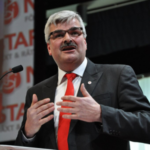
Håkan Juholt,
Ambassador of
Sweden to
South Africa
The WASH Centre at the University of
Johannesburg Bunting Road Campus
exemplifies the potential of non-sewered
sanitation and Sanitation Ambassador’s
innovative solutions


